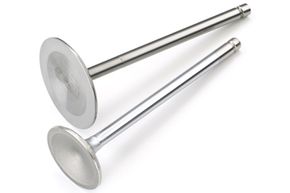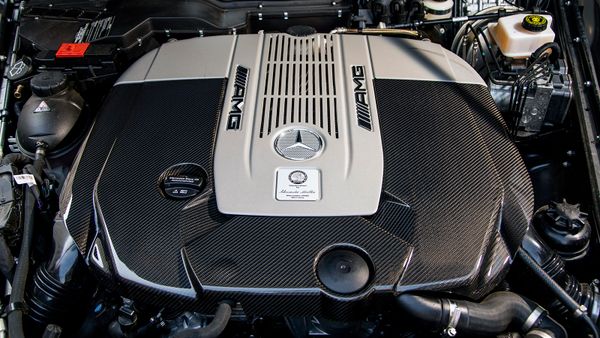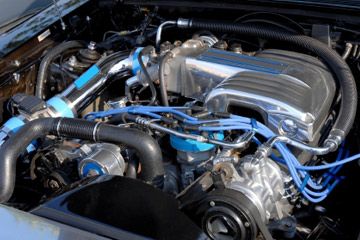Spend enough time talking to car guys and car girls and eventually you'll probably hear them say something about valve work -- valve jobs, multi-angle valve grinding and so on.
Valves are serious business. They act as the gatekeepers for fuel and air to enter and exit the combustion chambers in your car's engine. If one or more valves go bad, you've got trouble -- perhaps even catastrophic engine trouble. Knowing that engine valves are so important, how can we tell when one or more of them is about to go bad? And how long do engine valves last, anyway?
Advertisement
First, let's start with a quick definition: An engine valve consists of a stem and a head, and it vaguely resembles a mushroom with its cap flipped upside down. With valves, precision is the key to optimal performance. It really is a modern miracle that the valve train -- valves, valve springs, rocker arms and guides -- can function day-in and day-out, thrashing about in their bath of oil, with rarely ever a hiccup. However, if the valves are seated even slightly off-kilter, or timed to open and close just the slightest bit off-specification, problems will result.
So, in what ways can valves fail? The list is pretty extensive, and oftentimes the root cause of failure for a valve points to a problem farther "upstream" -- and requires some automotive sleuthing to figure out. Here's just a partial list of few bad things that can happen to an engine valve and why:
- Impurities in the metal that makes up the valve causes it to break or deform under stress
- Low-quality manufacturing creates a defective valve at the factory
- Dirty oil causes valve wear, lowering engine compression
- Defective valve springs or other parts cause valves to stick open, subjecting them to damage from pistons
- Abnormally high operating temperature (for-instance, from over-revving or hard driving) scorches exhaust valves, resulting in heat-stress breakage
- Improper timing or broken timing belt subjects valves to piston contact, bending and breakage
- Valves, guides, seals or other parts are modified without verifying proper measurements and angles -- bending or breakage is possible
[source: aa1car.com]
As you might have guessed, some of these consequences can be pretty expensive, since they affect not only the valves but other major engine parts as well. There are, however, a couple of things you can do to decrease the likelihood of some of these nastier outcomes. One is having the timing belt (or chain) checked and replaced when recommended by the vehicle's manufacturer. (You can find this information in the original owner's manual or in one of the many model-specific repair books available at auto parts stores and online). The other thing you can do -- and this should come as no surprise -- is to have regular oil changes and immediately check out anything unusual such as oil leaking and or burning.
So we haven't yet answered the question -- how long should an engine valve last? Well, there's really no set lifespan for engine valves. Eventually, theoretically, any valve will wear out if driven long enough. It all depends on how well it's made, how hard it's made to work, overall car maintenance and the relationship to other parts of the engine, like the timing belt, for example.
For more information about engine valves and other related topics, follow the links on the next page.
Advertisement



